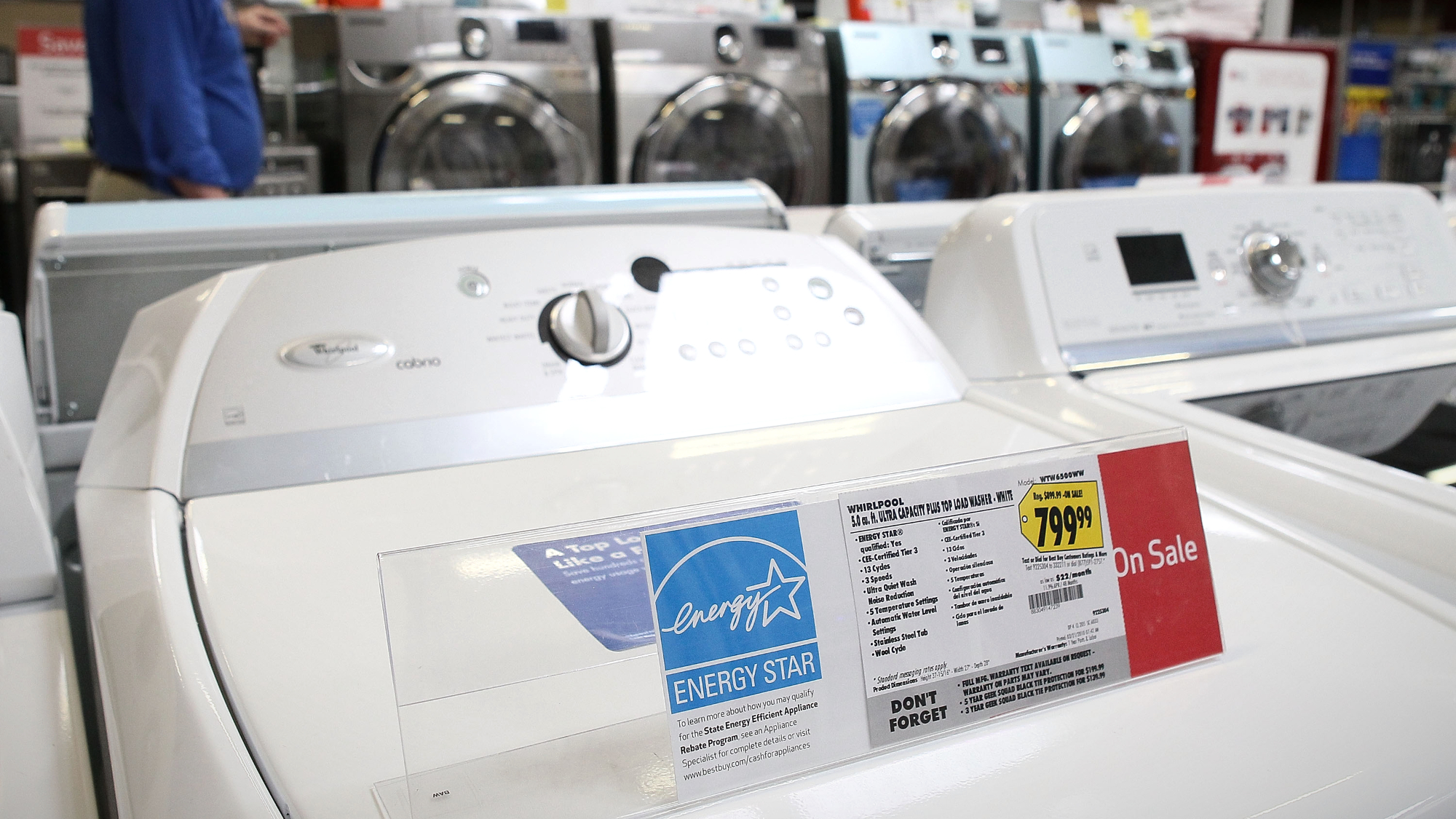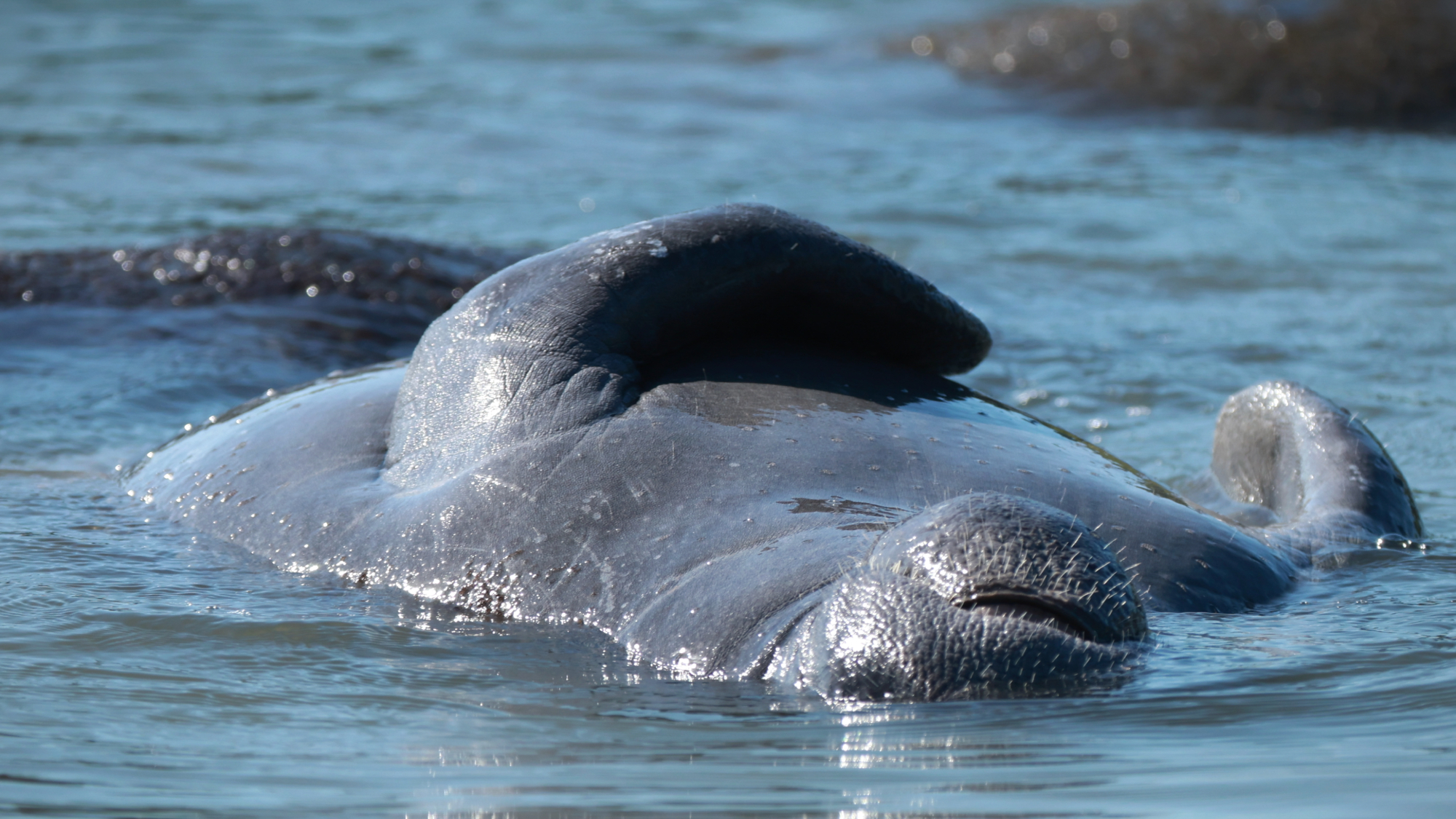Americans are more polarized over climate change than abortion, polls suggest


Scientists are overwhelmingly convinced that climate change is real, largely caused by human activity, and a deeply serious problem. The American electorate, on the other hand, is deeply divided over the issue. That didn't use to be the case, The Associated Press reminds us, noting that two decades ago, the leading senator proposing action on global warming was a Republican (John McCain, but still). Then, sometime around 1997, when Vice President Al Gore helped negotiate the Kyoto Protocol — and George W. Bush withdrew the U.S. four years later — the Democrats and Republicans started to split, partisan views on climate change growing into a chasm after President Obama was elected and the Tea Party revolted.
Now, climate change is "more politically polarizing than abortion," Anthony Leiserowitz, director of the Yale Program on Climate Change Communication, tells AP. "It's more politically polarizing than gay marriage." Citing surveys by Yale and George Mason University, Leiserowitz has some numbers: 17 percent (and growing) of Americans are alarmed by climate change and want action now, 28 percent are concerned and believe it is man-made but don't think the threat is imminent, 27 percent are cautious but on the fence, 11 percent are skeptical, 10 percent are vocally dismissive of the science and its conclusions, and the last 7 percent aren't paying attention.
There are differing theories about why the issue is so polarizing — Northeastern University's Matthew Nisbet says that because climate change requires collective global action, "for conservatives that's especially difficult to accept"; Yale's Dan Kahan ties it to America's growing political Balkanization, noting that if you ask Americans, "they know that scientists say we're screwed" but for many that's "not what activates them"; and Georgia Tech atmospheric scientist Judy Curry, a climate change skeptic, finds fault in the scientific community, arguing, "This polarization comes down to being intolerant on disagreement."
Subscribe to The Week
Escape your echo chamber. Get the facts behind the news, plus analysis from multiple perspectives.

Sign up for The Week's Free Newsletters
From our morning news briefing to a weekly Good News Newsletter, get the best of The Week delivered directly to your inbox.
From our morning news briefing to a weekly Good News Newsletter, get the best of The Week delivered directly to your inbox.
Finally, Stanford University's Jon Krosnick argues that most Americans actually agree, noting surveys showing that 90 percent of Democrats, 80 percent of independents, and 70 percent of Republicans concede that the world is getting hotter because of human activity, even if only half of Republicans think this will be a serious problem for the U.S. This nuance in the polling becomes more understandable when you listen to actual people, as AP does in the video below. You can read more at AP. Peter Weber
Sign up for Today's Best Articles in your inbox
A free daily email with the biggest news stories of the day – and the best features from TheWeek.com
Peter has worked as a news and culture writer and editor at The Week since the site's launch in 2008. He covers politics, world affairs, religion and cultural currents. His journalism career began as a copy editor at a financial newswire and has included editorial positions at The New York Times Magazine, Facts on File, and Oregon State University.
-
 The Week Unwrapped: Will robots benefit from a sense of touch
The Week Unwrapped: Will robots benefit from a sense of touchPodcast Plus, has Donald Trump given centrism a new lease of life? And was it wrong to release the deadly film Rust?
-
 The week's best photos
The week's best photosIn Pictures A dancing couple, a new pope, and more
-
 How to create your perfect bedscape
How to create your perfect bedscapeThe Week Recommends Nighttime is the right time to get excited about going to bed
-
 EPA is reportedly killing Energy Star program
EPA is reportedly killing Energy Star programspeed read The program for energy-efficient home appliances has saved consumers billions in energy costs since its 1992 launch
-
 The worst coral bleaching event breaks records
The worst coral bleaching event breaks recordsThe Explainer Bleaching has now affected 84% of the world's coral reefs
-
 Why UK scientists are trying to dim the Sun
Why UK scientists are trying to dim the SunIn The Spotlight The UK has funded controversial geoengineering techniques that could prove helpful in slowing climate change
-
 Electric ferries are becoming the next big environmental trend
Electric ferries are becoming the next big environmental trendUnder the Radar From Hong Kong to Lake Tahoe, electric ferries are the new wave
-
 US proposes eroding species protections
US proposes eroding species protectionsSpeed Read The Trump administration wants to change the definition of 'harm' in the Environmental Protection Act to allow habitat damage
-
 Ukraine is experiencing an 'ecocide' and wants Russia to pay
Ukraine is experiencing an 'ecocide' and wants Russia to payUnder the radar The environment is a silent victim of war
-
 How wild horses are preventing wildfires in Spain
How wild horses are preventing wildfires in SpainUnder The Radar The animals roam more than 5,700 hectares of public forest, reducing the volume of combustible vegetation in the landscape
-
 Scientists invent a solid carbon-negative building material
Scientists invent a solid carbon-negative building materialUnder the radar Building CO2 into the buildings
